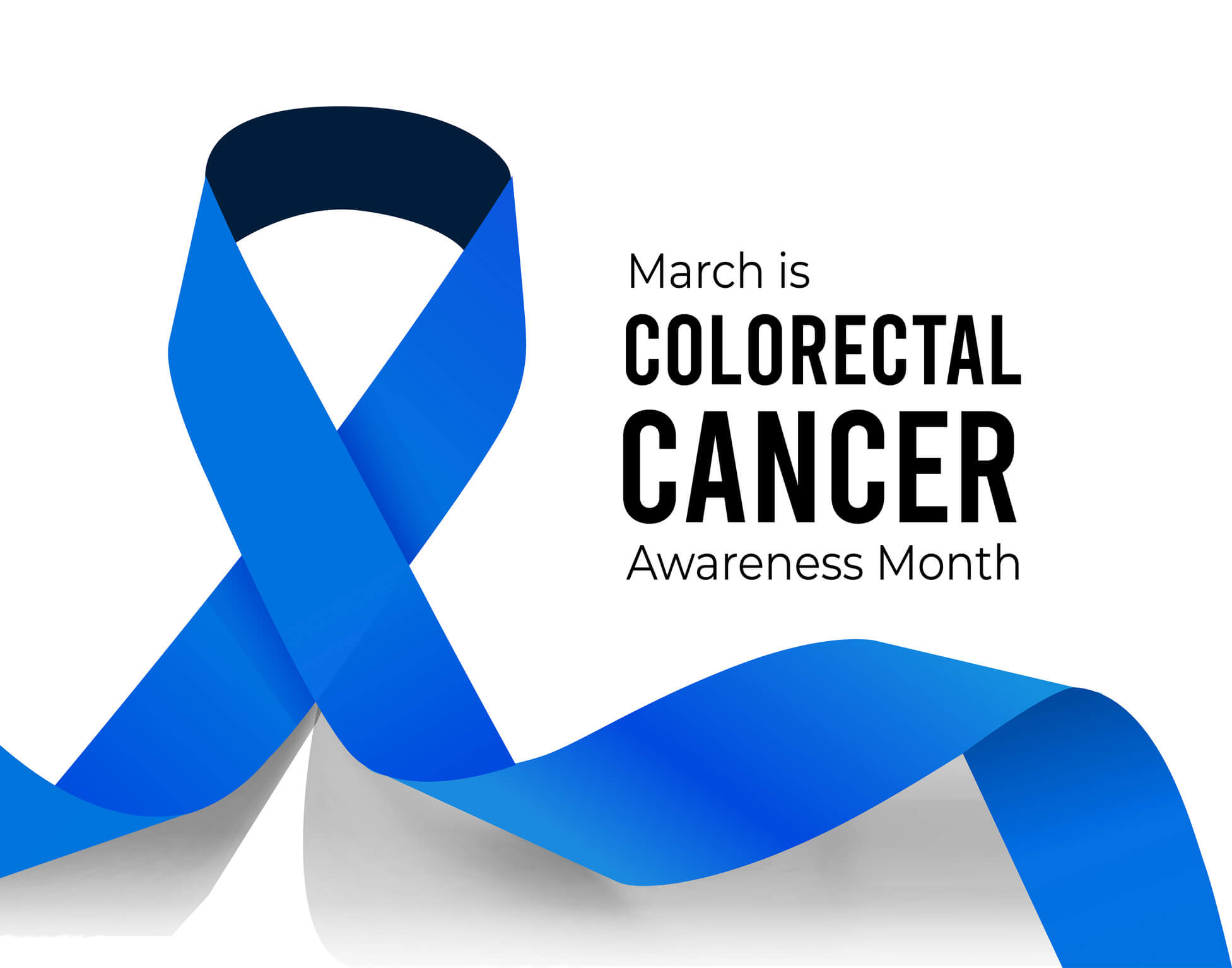Colorectal cancer is a form of cancer that begins as small polyps in the large intestine and begins to grow out of control. Initially, these polyps cause few symptoms but can eventually become colon cancer. According to the International Agency for Research on Cancer, colorectal cancer was the 3rd most common cancer type in the world in 2020 with almost two million new cases diagnosed that year.
Common Risk Factors of Colorectal Cancer
Below are a few of the most common risk factors that can lead to colorectal cancer. Like all cancers, it is imperative to look for early warning signs particularly if they last for more than two weeks at a time. Fortunately, many of these can be decreased by a few simple lifestyle changes.
- A diet low in fiber, fruits, and vegetables
- A diet high in processed meat and fat
- Excessive alcohol consumption
- Overweight and obesity
- Tobacco use
- A sedentary lifestyle with limited physical activity
The prevalence of colon cancer in older populations has decreased by about 2% in adults 50 years or older and the fatality rate has decreased by a massive 56%. This is mainly due to increased screening and is very promising. Unfortunately, there has been an increase in the prevalence of colorectal cancer in young people by about 1.5% and it is now the 4th most diagnosed cancer for people between the ages of 30 and 39.
Early Warning Signs of Colorectal Cancer
Below you will find a list of some of the symptoms that you should look out for.
- Rectal bleeding or blood in your stool
- Abdominal discomfort such as pain, gas, or cramps that is persistent
- Weight loss
- Fatigue or weakness
- The feeling that you haven’t completely emptied your bowels
- A change in the consistency of your stool
- Consistent diarrhea or constipation
How to Prevent Colon Cancer
Although there is no way to actually prevent colon cancer, there are a few things that you can do to reduce your chances of developing it which include implementing dietary changes and lifestyle changes. As mentioned, it is imperative that you have regular colonoscopy screenings if you are at high risk or above the age of 45. As long as you have no colon cancer risk factors, your doctor may recommend a colonoscopy every 10 years. However, if there are any areas of concern, they may recommend scheduling one sooner or more frequently.
The Importance of Regular Screening
While it is very important to look out for symptoms, you should bear in mind that many people do not experience any symptoms at all. Therefore, it is incredibly important to have regular screening which can detect polyps before they turn cancerous.
To put the importance of this into perspective, the five-year survival rate of people with localized colorectal cancer is around 91% and around 37% of people are diagnosed at this stage. However, once the cancer begins to spread regionally, the survival rate drops to 72% with around 36% of patients being diagnosed at this stage. Once the cancer has spread beyond this, the survival rate drops all the way down to 15%. Around 22% of patients are diagnosed at this late stage.
How to Treat Colorectal Cancer
Luckily, there are many procedures and treatments available to help prevent and control the spread of colon cancer. One of the most common treatment plans includes surgery to remove the cancerous cells followed by chemotherapy and radiation therapy. The treatment plan is normally based on the stage of the cancer and how much it has spread.
How can we help?
If you feel that you may be at risk of developing colorectal cancer, it is important that you begin having regular cancer screenings. You can learn more about colonoscopies and schedule your next one here.

